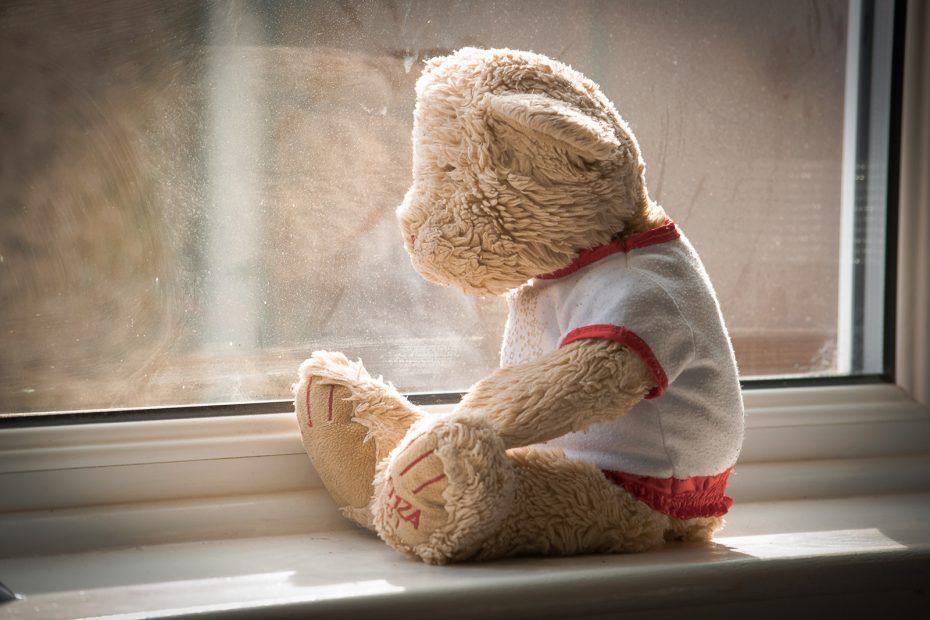Divorce is a complex and difficult process that can affect the entire family, including children. When parents decide to separate, children may experience a range of emotions and behaviors, from sadness and anger to confusion and anxiety. In this article, we will explore how divorce may affect children.
Firstly, divorce can disrupt a child’s sense of security and stability. Children often feel safe and secure when their parents are together, and a divorce can shatter this sense of stability. This can lead to feelings of insecurity, fear, and anxiety. Children may also worry about the future and what life will be like after the divorce.
Secondly, divorce can affect a child’s emotional well-being. Children may feel sad, angry, or confused about the divorce, and they may struggle to understand why their parents are separating. They may also feel guilty or blame themselves for the divorce, even if it is not their fault. These emotions can lead to depression, anxiety, and other mental health issues if they are not addressed.
Thirdly, divorce can impact a child’s relationship with their parents. Children may feel torn between their parents or feel pressured to choose sides. They may also feel like they have lost one parent or that their relationship with one parent has changed. This can be especially difficult if one parent moves away or if custody arrangements are contentious.
Fourthly, divorce can impact a child’s academic performance. Children may struggle to focus on their schoolwork or may act out in class if they are dealing with emotional or behavioral issues related to the divorce. They may also miss school or fall behind if they are dealing with stress or anxiety.
Fifthly, divorce can affect a child’s social life. Children may struggle to make friends or feel like they do not fit in with their peers if they are dealing with emotional issues related to the divorce. They may also feel isolated or disconnected from their family and friends.
Lastly, divorce can affect a child’s future relationships. Children who experience their parents’ divorce may have difficulty forming trusting relationships with others or may struggle with commitment in their own romantic relationships later in life.
In conclusion, divorce can have a significant impact on children, emotionally, academically, socially, and in their future relationships. It is essential for parents to communicate with their children, support them emotionally, and seek professional help if necessary to help them navigate the difficulties of the divorce process.

